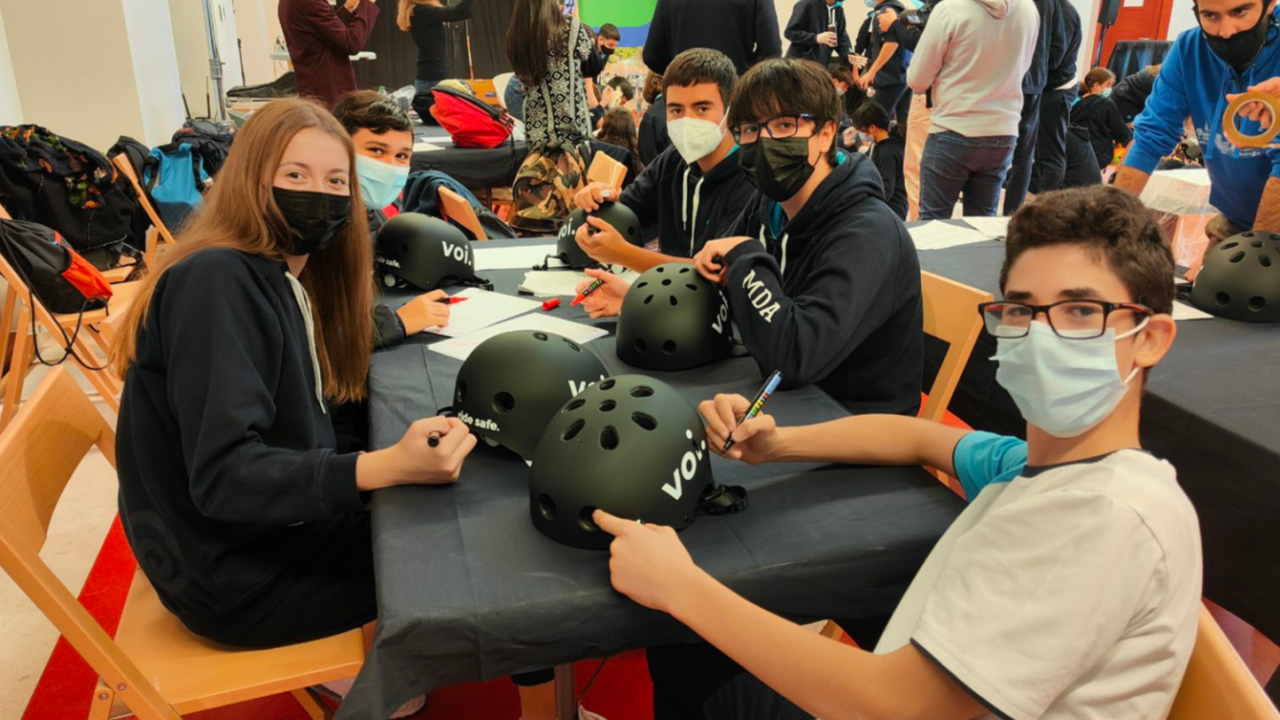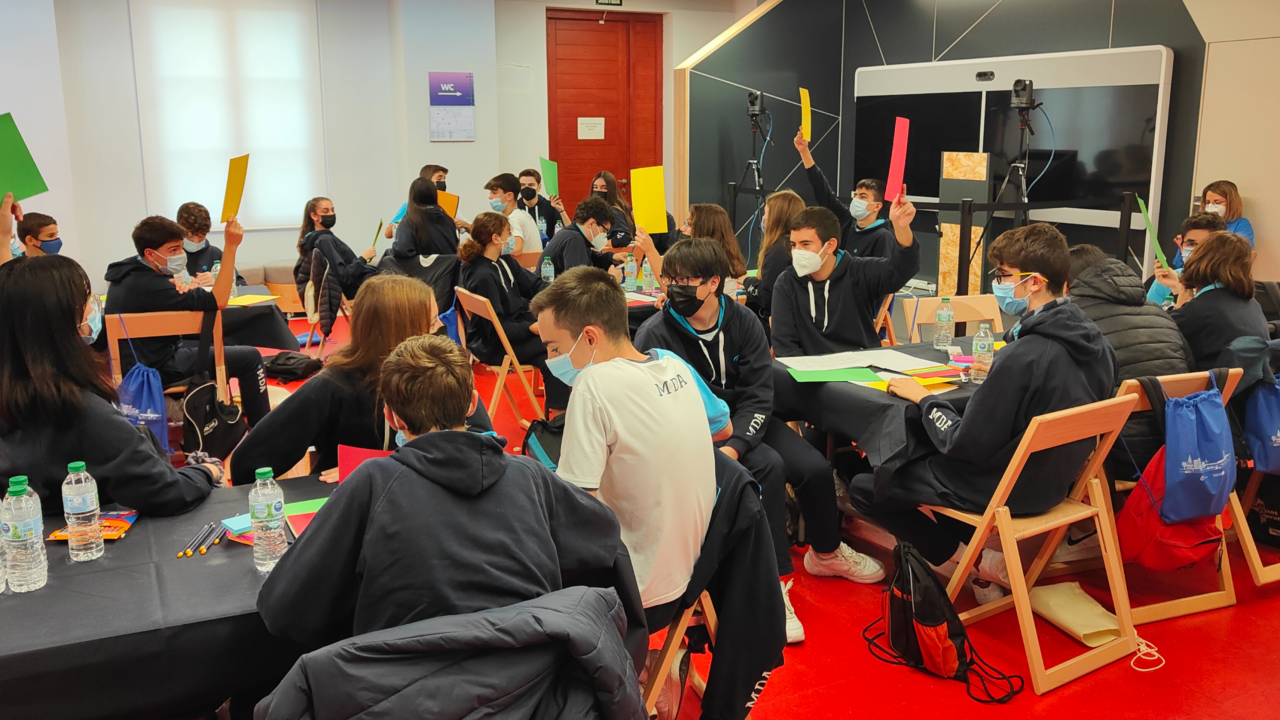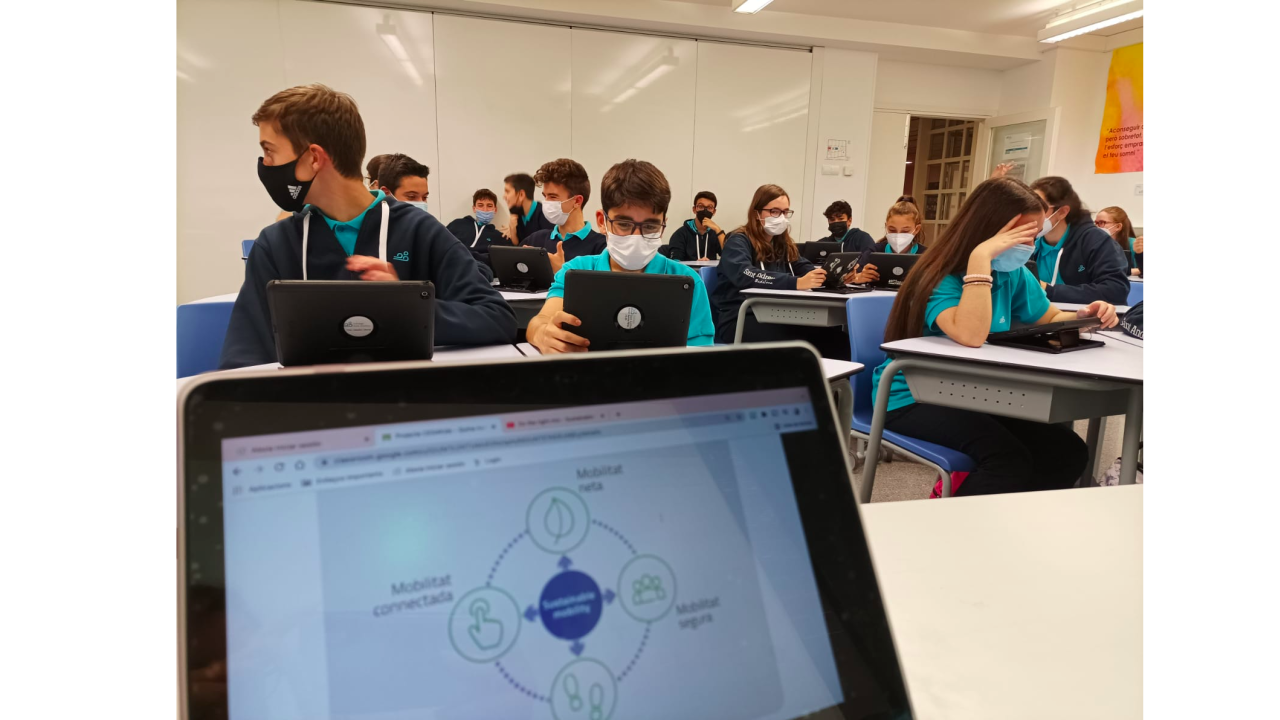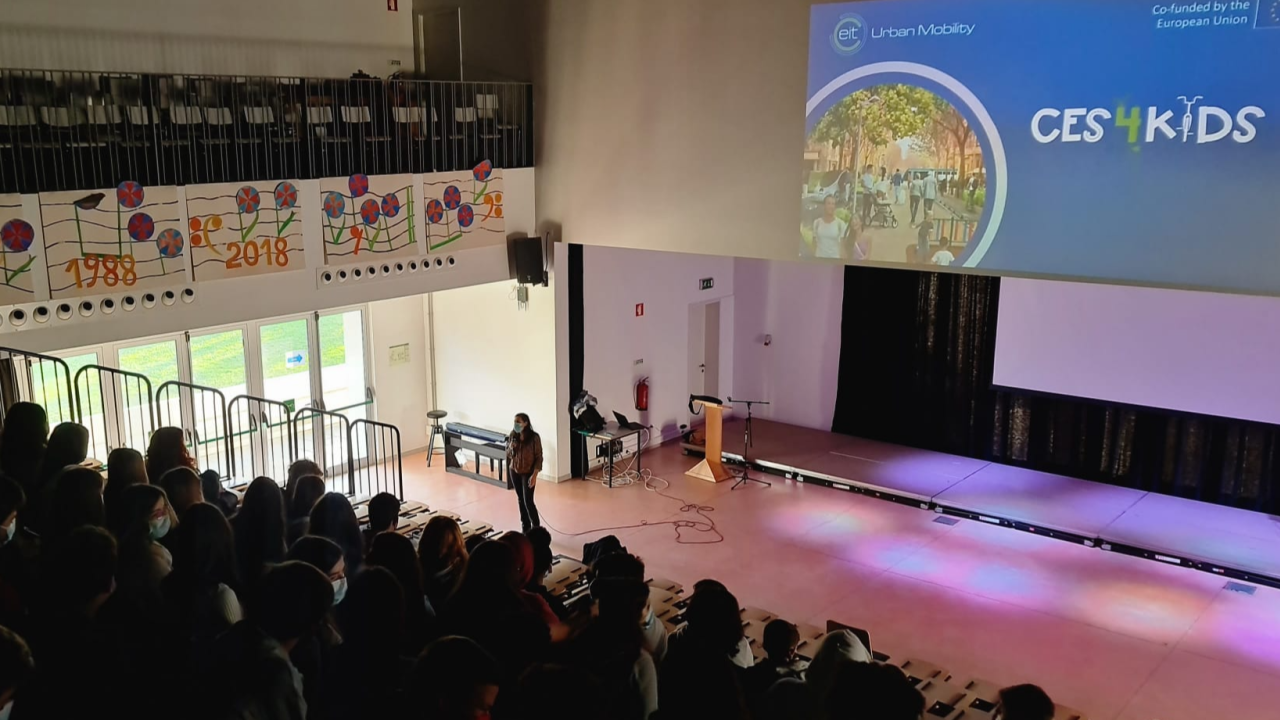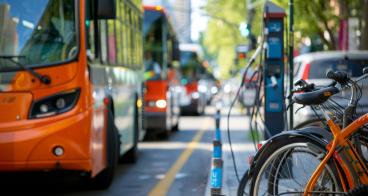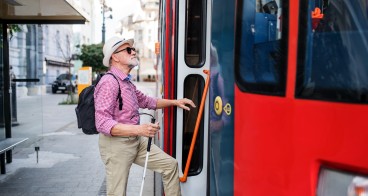CES4Kids: Co-creation of Sustainable Mobility
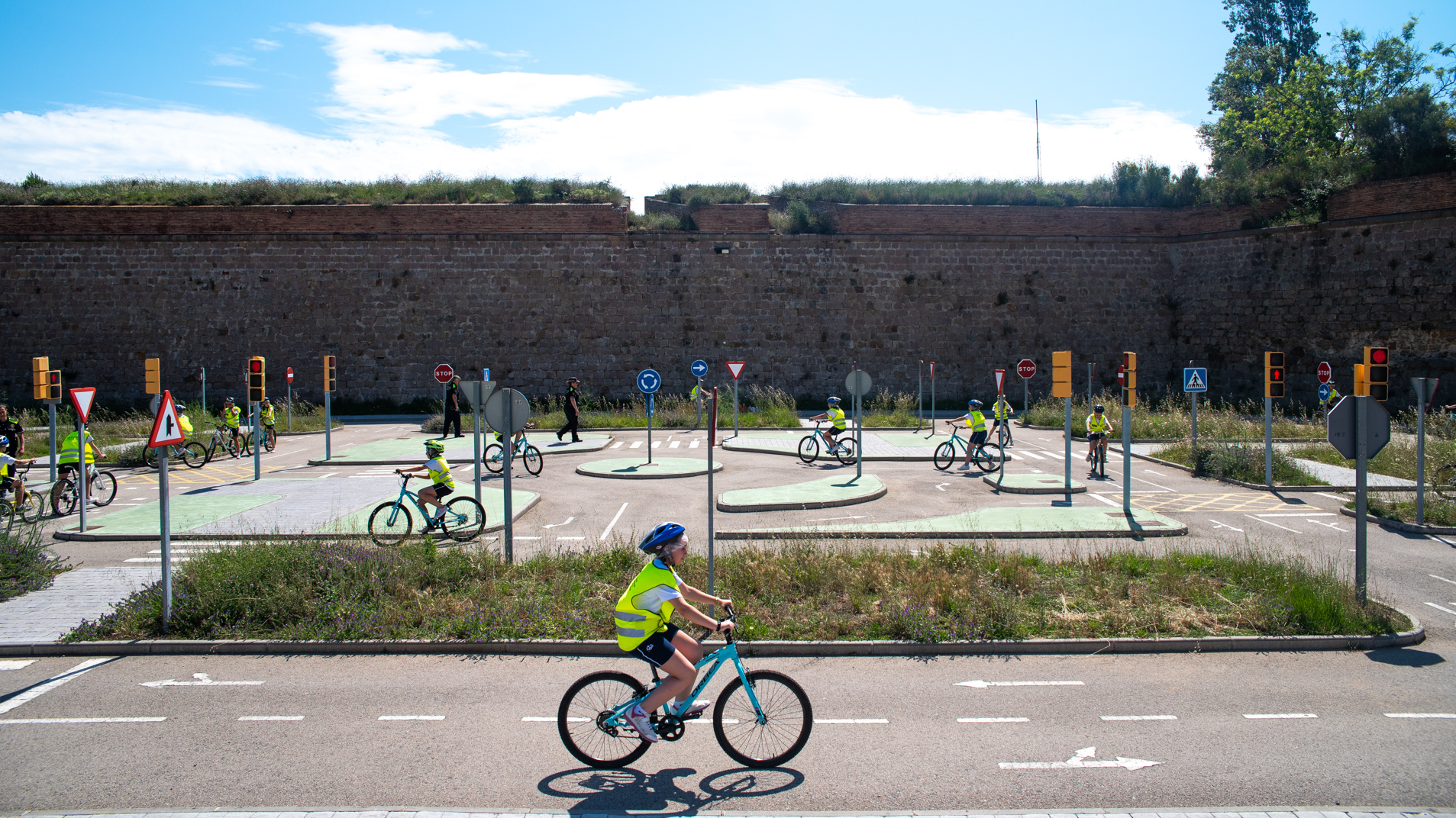
The Challenge
City planners and mobility experts from all over the planet have a common challenge on their hands: to change the mobility habits that have been embedded in society over the last 50 years since the massification of the private vehicle. Every year enormous efforts and resources are devoted to mobility awareness projects that focus primarily on today's drivers. More often than not, these initiatives leave out a significant segment of the population. Youth!
Therefore, understanding children and youth preferences and priorities is key to accelerate the indispensable transition towards a sustainable mobility system, and ultimately towards more liveable cities. Not only because they are a significant part of society, but because they are the generations who will inherit our planet.
Society must answer to the need of empowering new generations and providing them with skills, knowledge and understanding to respond to any challenge that the sustainable transition may bring forth, as well as the ability to seize all opportunities that will arise from it. Sustainable transition would only become a reality through the joint effort of well-informed, involved, receptive and prepared individuals.
The Solution
In the participation processes held at the 4 pilot cities (Barcelona, Prague, Fundão, Thessaloniki), CES4Kids has provided pupils the opportunity to elaborate their own proposals on how to improve mobility, in terms of urban design and new or better services, solutions and policies which can affect their mobility habits. This has been done by replicating in the classroom all the stages of an archetypal design, deliberation and decision-making process in urban mobility planning, whose ultimate result is the Sustainable Urban Mobility Plans (SUMPs) for every school which participates in the project.
In order to enforce the engagement of younger generations in the sustainable mobility transition, 13 schools have taken actions within the CES4Kids project by:
- Creation of educational content related to sustainable mobility principles to be used in class;
- Hands-on learning activities and awareness-raising events;
- Elaboration, debate and prioritisation of proposals for improving public space and mobility services (with the support of EIT Urban Mobility’s Citizen Engagement digital platform DecidiUM);
- Workshops served as testbeds for new mobility solutions aimed at improving daily mobility to schools and accelerating social acceptance of change.
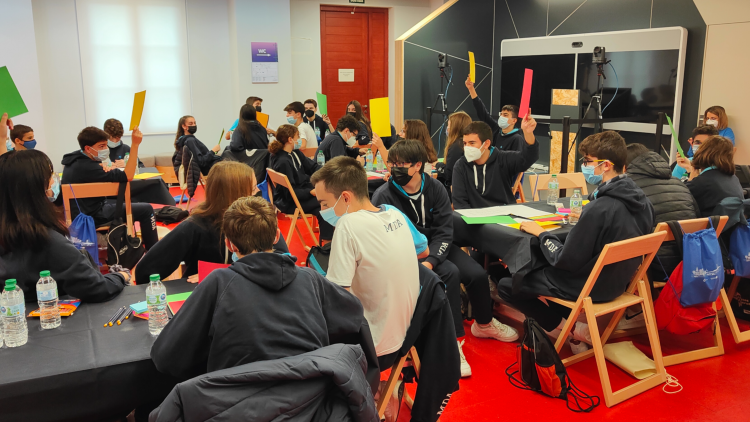
Making an impact
CES4Kids has collaborated with 13 schools located in Spain, Portugal, Greece and Czech Republic, having an impact on over 800 pupils and teachers.
The main achievement is the development of the 13 Sustainable Mobility Plans related to the participating schools. The development of the SUMPs has been accompanied by a systematic process of knowledge transfer from the mobility technicians involved, to the school instructors first, and finally to the children in the classrooms. A key component was to engage the students in an interactive and fun way.
These Sustainable Urban Mobility Plans are the result of a logic process which is built in 4 different stages: Information, Diagnosis, Proposal and Prioritization. Most of CES4Kids activities are aligned with one of the stages of the deliberation and decision-making process.
The actual results from the participation process can be seen in the form of 13 Sustainable Urban Mobility Plans elaborated by the pupils for each participating school.
4 of the developed SUMPs are available for open access and can be downloaded in the files section below.
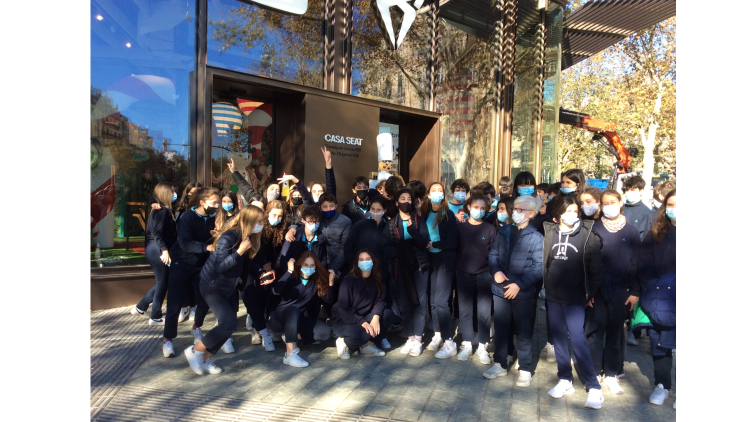
Lessons learnt
One of the main goals of CES4Kids was to give voice to children and youth and involve future generations in the co-creation of mobility strategic planning. This task has always been developed by grown-up technicians and mobility experts, and probably this is the reason why children and youth have often been forgotten children in urban planning despite the fact that they represent a high number of users of public space and the mobility system.
Most good practices seen throughout CES4Kids came naturally from the instructor’s initiatives, particularly when transforming the digital content into fun and interactive classroom sessions. Teachers proposed their own exercises and activities adapted to their own idiosyncrasies.
It is also highly valued that some schools are taking advantage of the educational content presented during the activities and are incorporating it permanently in the educational programmes.
It is important to highlight that pupils have shown motivation and became very enthusiastic with the idea of applying the learned concepts and contributing at the achievement of sustainable mobility around their school.
It is also valued in a positive way to incorporate experiential exercises during the development of the dynamic learning activities.



